Kratos, the iconic and easily recognizable Ghost of Sparta, has become a staple character for video game consoles all over the world since the first game was released in 2005. His journey of struggle and redemption throughout the series has been one that the masses have devotedly tuned in to. With his Norse tale coming to a close in God of War Ragnarok, we’ve put together a comprehensive list of all the God of War titles in release order.
Related: God of War (2018) story recap – What you need to know before God of War Ragnarok
All God of War games released so far
God of War (2005)

Developed by Santa Monica Studio, the game that started this beloved franchise was launched in 2005 exclusively for the PlayStation 2. This opening title introduced players to Kratos’ beginnings; from his time as a reckless captain in the Spartan army all the way to when he started serving the then God of War, Ares, and subsequently the Greek gods of Olympus.
The combat system from this first installment has largely remained unchanged throughout the years with battles occurring frequently and in waves as you progress through the game. God of War received widespread praise upon release because of its unique take on Greek mythology, easy-to-grasp battle mechanics, and unique character and environment design.
God of War 2 (2007)

God of War 2, the direct sequel to 2005’s initial entry, was released two years later in 2007 for the PlayStation 2. The game is set during the aftermath of the first game where Kratos defeated Ares in battle and was named the new God of War. This time, however, the newly crowned Greek god has incurred the wrath of the all-powerful Zeus himself. Much like its predecessor, God of War 2 received critical acclaim once it was released with most of the plaudits going to its polished gameplay and brilliant storytelling.
God of War: Betrayal (2007)

Betrayal was a particularly unique entry in the God of War series because it would become the first title to be released for a non-PlayStation platform. The third installment of the franchise was launched specifically for mobile phones that supported the Java Platform, Micro Edition. Because the platform had less power than traditional gaming consoles, the game was instead developed as a two-dimensional side-scroller that retained the typical gameplay elements of the previous games. The game’s events take place before that of God of War 2 and after Ghost of Sparta.
God of War: Chains of Olympus (2008)

Released in 2008, Chains of Olympus is the fourth installment in the God of War franchise and was also the first entry to be released for the PlayStation Portable. The game serves as both a prequel to the first God of War title and as the follow-up to God of War: Ascension in the game’s timeline. Though the game was developed for the slightly less powerful Sony handheld console, Chains of Olympus retains much of the series’ winning formula in terms of its gameplay and storytelling. This entry went on to become one of the highest-rated and most-praised titles in the history of the PSP.
God of War 3 (2010)

God of War 3, the direct sequel to the 2007 title, would fittingly be the first one released for the PlayStation 3 in 2010. The story once again revolves around the main protagonist, Kratos, going on a revenge tour. Instead of facing one omnipotent being throughout the duration of the game, he now has to go up against most of the remaining Greek gods.
God of War 3 also features one of the most action-packed opening sequences with Kratos facing off against Poseidon in a mix of regular combat and quick-time events that will have you on the edge of your seat.
God of War: Ghost of Sparta (2010)

The sixth installment in the series and the second to be released for the PlayStation Portable, Ghost of Sparta’s story begins after Kratos’ battle with Ares. This title was notably made by developer Ready at Dawn instead of Santa Monica Studio. The plot focuses on the new God of War revisiting his past in order to find out more about and look for his brother. Though most of the previous mechanics from the initial PSP release were retained, this entry wasn’t as heavily praised due to its lack of innovation.
God of War: Ascension (2013)

Developed once again by Santa Monica Studio, Ascension was released in 2013 for the PlayStation 3. Even though this was the seventh entry released in the God of War franchise, its story serves as a prequel to the entire series. The game’s plot focuses on Kratos’ exploration of his past as he looks for clues on the whereabouts of his brother, Deimos. This entry would notably be the last that was based on Greek mythology because the next installment would transition to Norse mythology instead. It also marked the end of Terrence C. Carson’s tenure as the voice of Kratos.
God of War (2018)

Even though it took five years for Santa Monica Studios and Sony to release the next installment in their widely popular series, the finished product made it all worth the wait. The eighth entry in the series, simply entitled God of War, was released in 2018 initially for the PlayStation 4 and subsequently in 2022 for the PC. With the Greek gods of Olympus destroyed, Kratos has now moved to the realm of Midgard, where he and his son, Atreus, reside. This release marked a number of changes both within the game and outside of it, such as the switch from a linear level structure to a more open one. It also marked Christopher Judge’s debut as the voice of the main character, Kratos.
God of War Ragnarok (2022)

The franchise’s ninth installment and the direct sequel to 2018’s God of War is set during the aftermath of the previous entry where Mimir warns the protagonists of the impending end of the world, also known as Ragnarok. The game once again revolves around the two main characters, Kratos and Atreus, from the previous game but will also feature an additional recognizable Norse figure in Thor. All nine realms of Norse mythology will also be included and explorable in it as opposed to the six that were available in the previous release.


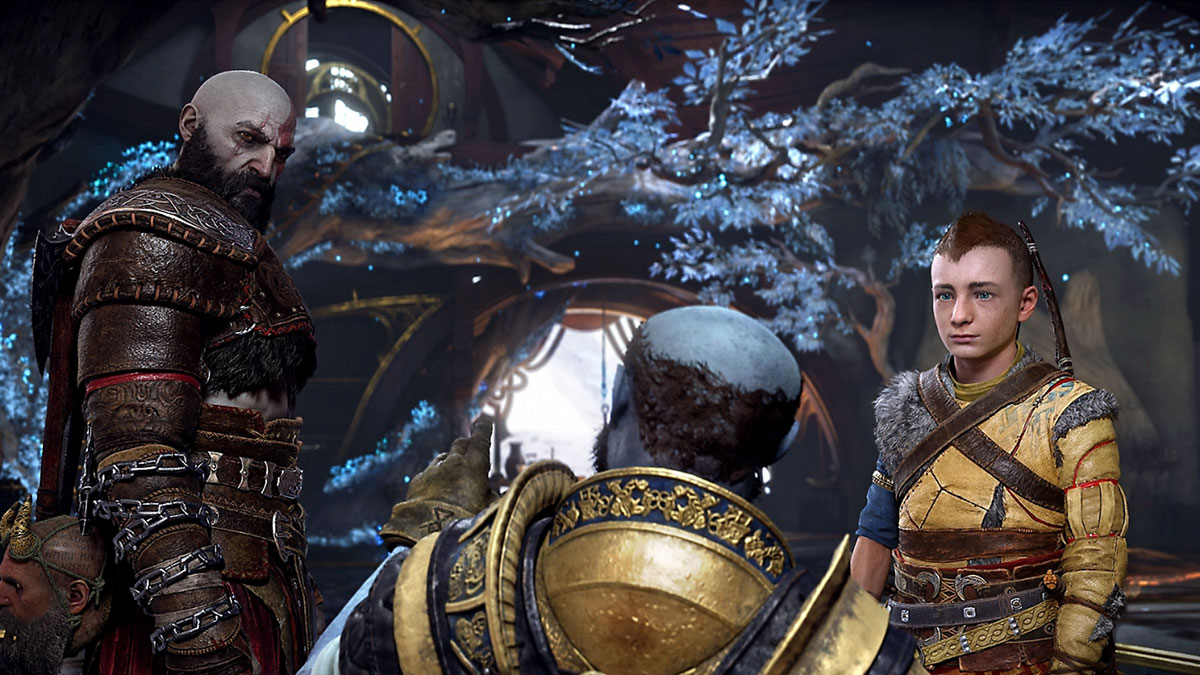

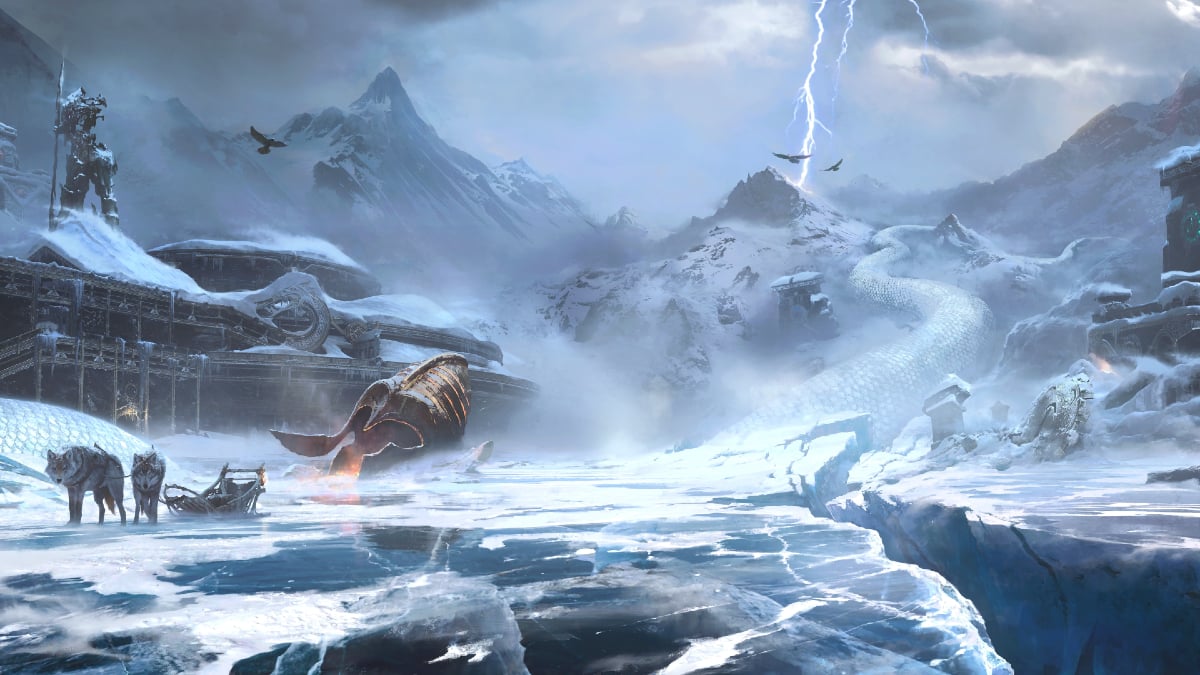
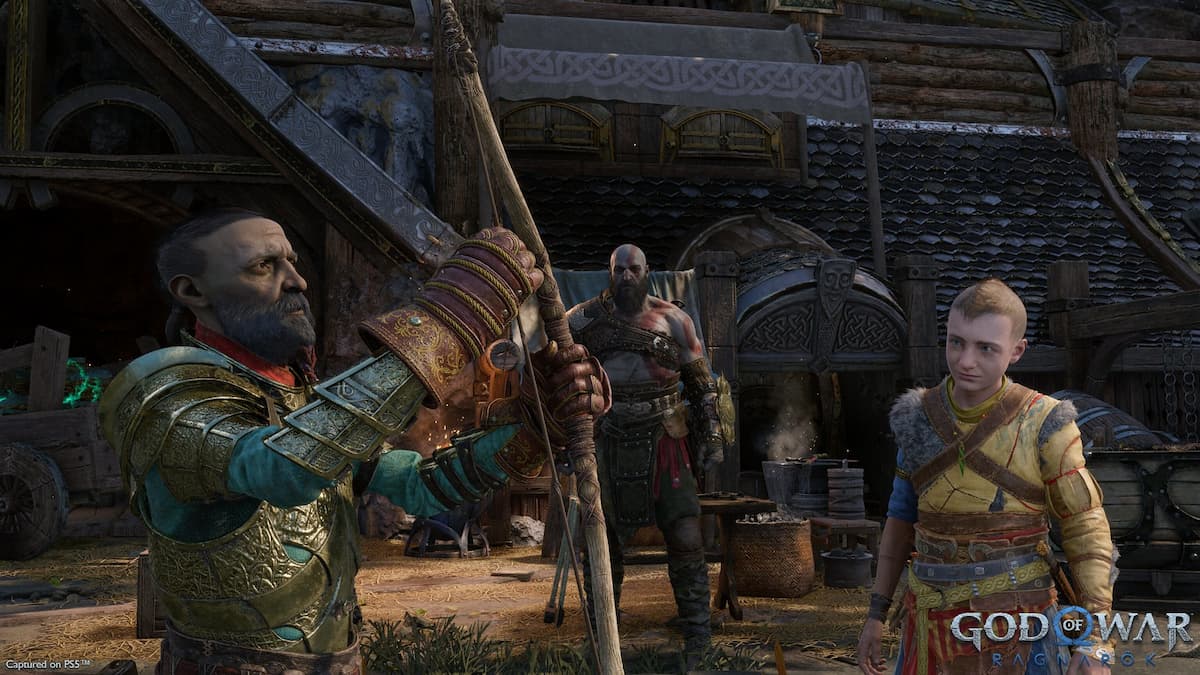
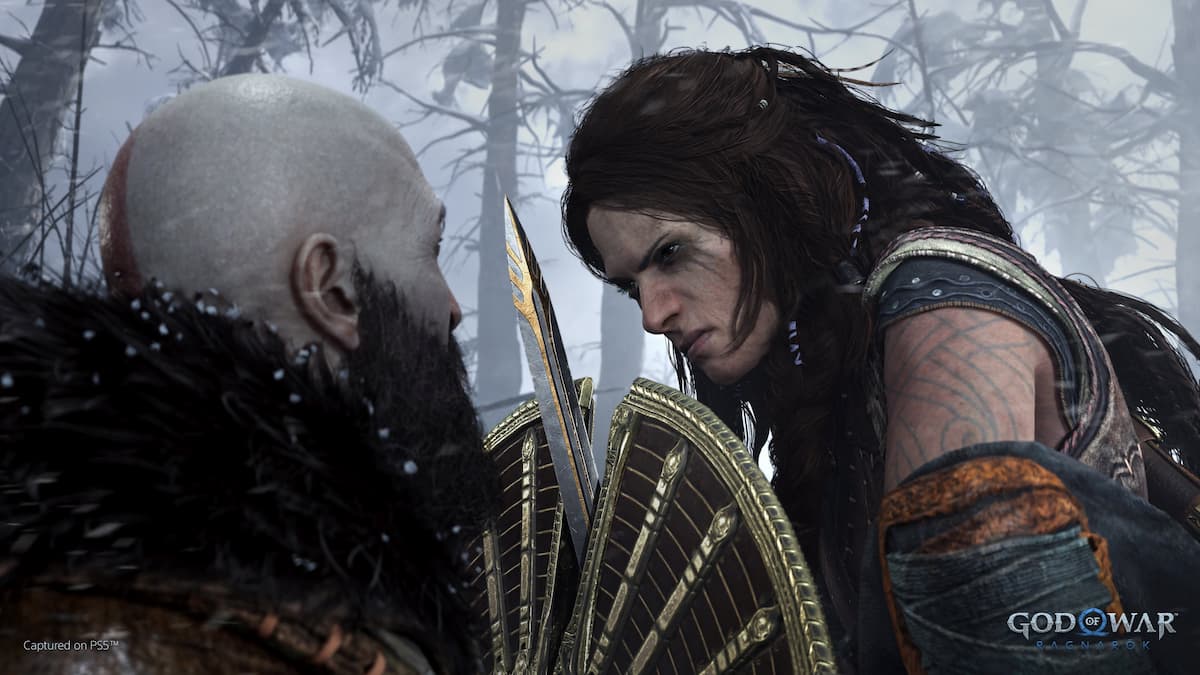
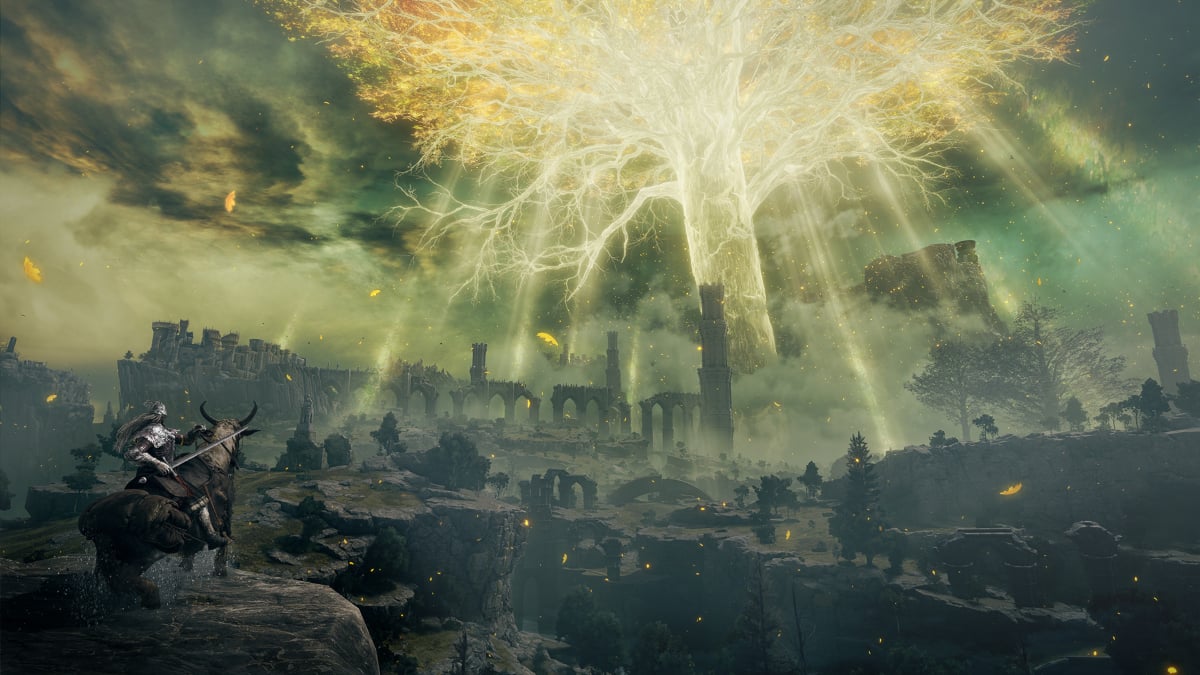
Published: Nov 4, 2022 03:36 pm